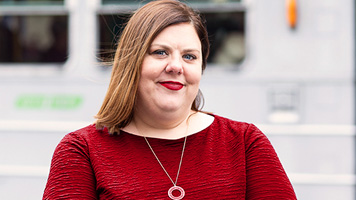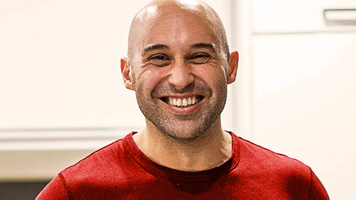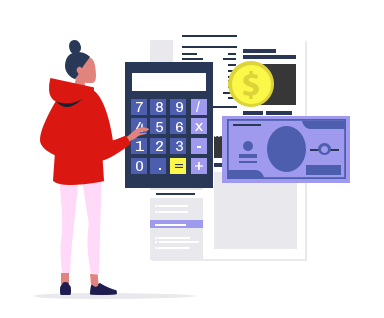
BUSINESS IS EVENTFUL. THAT’S WHY WE HELP
Our Help Hub gives you access to some of Australia’s most innovative businesses, industry experts and education to help your business succeed.
Helping your business in the big and small moments

Business banking for your industry

Why brick and mortar stores are still an important part of retail
COVID-19 has changed the retail experience. Retailers must align brick and mortar stores with social media and e-commerce to suit consumers’ new shopping habits.

How Simone Tully built an organic beef business from the bush
Hear how one woman in agriculture Simone Tully built a global export business from the bush to supply the world with organic Australian beef.
Tips and education to help your business

From side hustle to scalable business: donut queen Kate Williams shares her story
With most of Australia in lockdown, it could be time to turn your side hustle into an actual business. Nodo Donuts founder Kate Williams shares her tips for doing it successfully.










